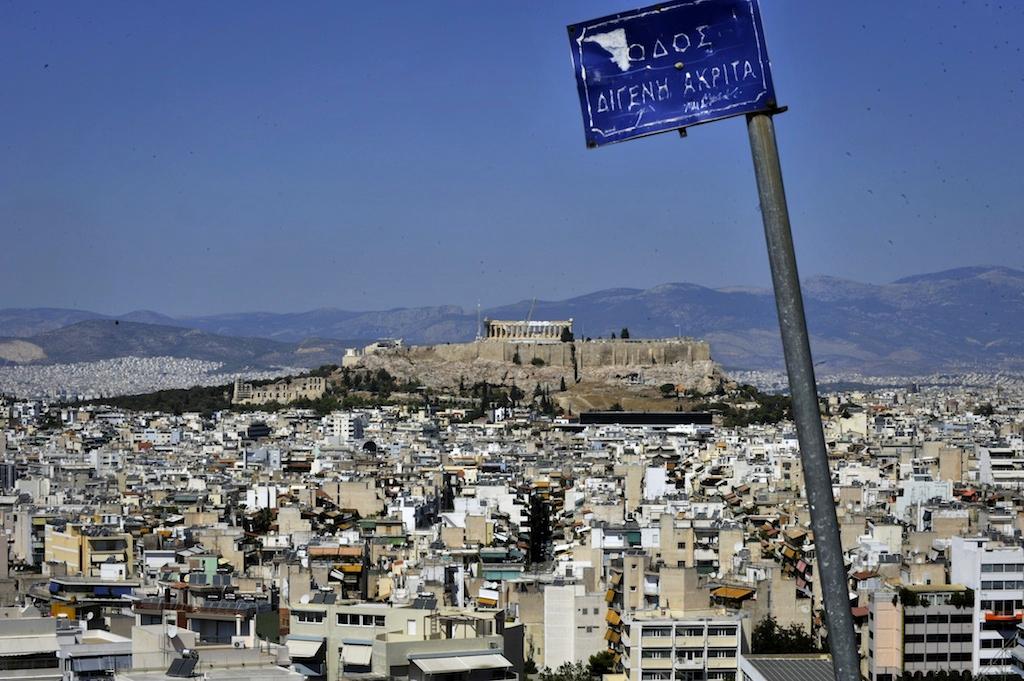Argentina’s lessons for Greece: the cost of default
Athens, Greece.
With Greece on the verge of default, there's plenty of talk about whether there's a precedent to the current crisis.
Many commentators have pointed to Argentina, which defaulted on more than $100 billion in debt in 2001, the largest sovereign default in history.
The Economist is one of the latest to weigh in with a piece looking at Argentina’s severing of the peso's link with the dollar.
Here's a roundup of the various lessons that Argentina could hold for Europe:
- Economist: That crisis was bloody, including limits on bank withdrawals—the corralito—and big losses for depositors and banks … . After a further slide in output Argentina grew by 9% in 2003, and carried on at around that rate until checked by the financial crisis of 2008 and global recession of 2009 … . But the Argentine precedent shows just how savage the crisis can be; massive social unrest, a sequence of toppled presidencies, and so on. And Greece’s crisis would be worse.
- Guardian: Struggling under an impossible burden after its IMF bailouts, Buenos Aires knew its one hope was to stop paying its debts and become a pariah – and so it proved. … Even with a new rescue package, Argentina's experience suggests that the protesters on the streets are right to see nothing ahead but austerity, austerity, austerity, and to question whether it will work.
- Bloomberg: Mario Blejer, who managed Argentina’s central bank in the aftermath of the world’s biggest sovereign default, said Greece should halt payments on its debt to stop a deterioration of the economy that threatens the European Union. “This debt is unpayable,” Blejer said. “Greece should default, and default big. A small default is worse than a big default and also worse than no default.”
- NYTimes: As Greece edges toward a possible default, the Argentine lessons could be instructive. For one thing, a decade later, Argentina has still not been able to re-enter the global credit market. … Perhaps the biggest bind for Greece is that it shares a common currency with the other European nations that use the euro. And so, unless it takes the imponderable and unprecedented step of breaking from the euro zone, Greece does not have access to one big tool — devaluing its sovereign currency — that has helped Argentina weather its economic storm.
- BBC: In the worst-case scenario, Argentina's recent past is Greece's future. The peso collapse, massive default and subsequent social and political unrest that rocked Argentina in 2001-2 are being seen by many economists as an awful warning for the politicians in Athens and Brussels. Even at first glance, Greece's woes have a lot in common with those of Argentina nearly a decade ago.
And for a more comprehensive look at the history of defaults throughout history, check out this piece: 2,388 years of unpaid government debt.
Every day, reporters and producers at The World are hard at work bringing you human-centered news from across the globe. But we can’t do it without you. We need your support to ensure we can continue this work for another year.
Make a gift today, and you’ll help us unlock a matching gift of $67,000!
